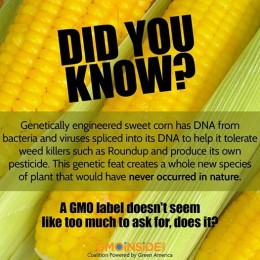Why does it take decades to ban very bad chemicals such as DDT or Glyphosate?
Why does it take decades to ban very bad chemicals such as DDT or Glyphosate?
DDT invented in 1939, usage began in 1943 and although as a last resort sprayed indoors as a defense against malaria is banned in 1973. Glyphosate contamination of food and water: should we be concerned?
(1) Strong lobbying from the producers of the chemicals (2) the cost benefits analysis. A lot of times chemicals bring about a ton of negative effects, but also result in a ton of positive effects. (3) Bad data. The problem with many studies are that people have a vested interest in the outcome of these studies, and so many studies are purposely constructed incorrectly to bring about a desired result. When this happens and you have competing studies you spend more time trying to figure out which one to follow.
Malaria was almost wiped out before DDT was banned, and it raged back, killing millions. And all this because Rachel Carson wrote a book blaming all chemicals for nearly every problem in the world, hiding the fact she had cancer which she blamed on industrial development.
She generated hysteria and many things not actually toxic were labeled such - and now we have malaria plus Zika and West Nile virus we can't control.
There's hysteria on GMOs, but no one complains about how we turned wolves into chihuauas, teosente into corn, the radical changes people already wrought - or the billions we could feed on less land if there's better use of genetic engineering.
If we can feed more people on less land, much more of the planet can go wild. Demand a return to organic farming, and you'll have to rip up a lot of forest and prairie to feed everyone.
Related Discussions
- 2
For weed control, does white vinegar or bleach work as well as other weed contro
by Tom Vogler 9 years ago
For weed control, does white vinegar or bleach work as well as other weed control products?
- 61
Opinions on the U.S soda tax? Public health measure or money grab?
by CDade 7 years ago
Great question. We tax alcohol and cigarettes because of the health hazard. Why not tax something that contributes to obesity, diabetes, high blood pressure, heart attacks and other diseases? And forces up the health insurance rates on the rest of us who stay...
- 8
Why does an ant bite hurt while a bite from a bedbug or a mosquito doesn't?
by David Lim 12 years ago
Why does an ant bite hurt while a bite from a bedbug or a mosquito doesn't?I was just reading the papers and there was an article about bedbugs and somebody being interviewed was saying that bites from a bedbug does not hurt. And I thought about a bite from an ant and it naturally led to this...





